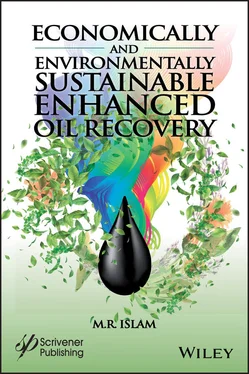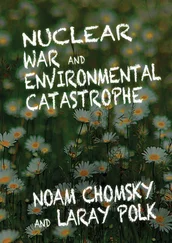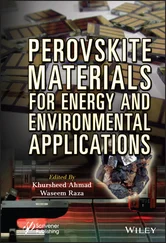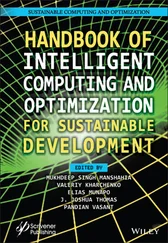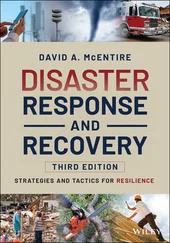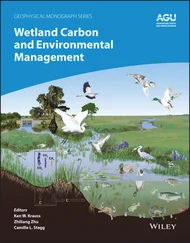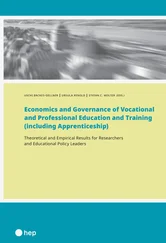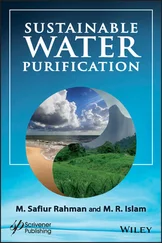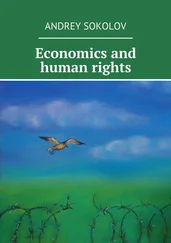Intuitively, it sounds simple – if I use up a certain amount of a finite quantity each year, it will eventually run out. But that tells you that you cannot have constant or increasing resource extraction from a finite resource, it does not tell you anything about what you do with the resources you extract, how productive they are, or whether or not they enable continued economic growth. It is certainly possible to sustain exponential growth infinitely with finite resources, as long as the usage is confined to sustainable or zero-waste operations.
Similarly, all solutions end up proposing to minimize waste and maximize profit – an economic euphemism for Utilitarianism that has been preaching ‘maximizing pleasure and minimizing pain’ at a personal level. There has always been plenty of discussion in economics discourse about manipulating the interest rate, but never about eliminating it. There are plenty of suggestions regarding how to minimize waste, but one never proposes a solution to achieve zero -waste. There are even talks about continuously increasing productivity, but never talk about the fundamental assumption of infinite need and finite resource.
The notion of ‘The Infinite’ has intrigued humanity for a long time. In ancient civilizations, infinity was not a ‘large number’. It was something external to creation. In other words, only a Creator was considered to be infinite, along with many other traits that could not be part of Creation. However, this ‘infinity’ has nothing to do with the unbounded-ness of nature that has no boundary. Even though the ancient Greeks had a similar concept of infinitude, post-Aquinas Europe developed an entirely different take on infinitude, one highlighted recently by Khan and Islam (2016).
In a study published nearly 2 decades ago, Lawrence Lerner, Professor Emeritus in Physics and Astronomy at the University of Chicago, was asked to evaluate how Darwin’s theory of evolution was being taught in each state of the United States (Lerner 2000). In addition to his attempt to find a standard in K-12 teaching, Lerner made some startling revelations. His recommendations created controversy, with many suggesting he was promoting “bad science” in name of “good science.” However, no one singled out another aspect of his finding. He observed that “some Native American tribes consider that their ancestors have lived in the traditional tribal territories forever.” He then equated “forever” with “infinity” and continued his comment stating, “Just as the fundamentalist creationists underestimate the age of the earth by a factor of a million or so, the Black Muslims overestimate by a thousand-fold and the Indians are off by a factor of infinity” (Lerner 2005). This confusion between “forever” and “infinity” is not new in modern European culture. In the words of Albert Einstein, “There are two things that are infinite, human stupidity and the Universe, and I am not so sure about the Universe.” Even though the word “infinity” emerges from a Latin word, infinitas , meaning “unbounded-ness,” for centuries this word has been applied in situations in which it promotes absurd concepts. In Arabic, the equivalent word ( la nihāyah ) means “never-ending.” In Sanskrit, similar words exist ( Aseem , meaning ‘no end’) and those words are never used in mathematical terms as a number. This use of infinity to enumerate something (e.g., infinite number of solutions) is considered to be absurd in other cultures.
Nature is infinite – in the sense of being all-encompassing – within a closed system that nevertheless lacks any boundaries. Somewhat paradoxically, nature as a system is closed in the sense of being self-closing. This self-closure property has two aspects. First, everything in a natural environment is used. Absent anthropogenic interventions, conditions of net waste or net surplus would not persist for any meaningful period of time. Secondly, nature’s closed system operates without benefit of, or dependence upon, any internal or external boundaries. Because of this infinite dimension, we may deem nature – considered in net terms as a system overall – to be perfectly balanced. Of course, within any arbitrarily selected finite time period, any part of a natural system may appear out of balance. However, to look at nature’s system without acknowledging all the subtle dependencies that operate at any given moment introduces a bias that distorts any conclusion that is asserted on the basis of such a narrow approach.
Figure 2.10 shows how the population in more developed countries reached a plateau while that of less-developed countries continued to grow, albeit with a slowed rate. In terms global energy need, this figure presents an interesting divide. In average, the energy consumption per capita of the ‘less-developed countries’ is an order of magnitude less than that of ‘more-developed countries’. In mathematical terms, it means the world has a capacity of sustaining energy needs of the majority of the population even if the population is increased 10-fold. In practical terms, it means that if we could contain the per capita energy consumption, we would have no worries about natural population growth. Indeed, the energy consumption of the ‘more developed countries’ has been contained. In last 20 years, the most populous ‘developed country’, the USA has shown practically constant per capita energy consumption. The USA is an important case as this country personifies global trend in terms of energy consumption. Historically, the USA has set standards for all aspects of technology development and other tangible aspects of civilization for a duration that has been synonymous with petroleum golden era – i.e., whatever it does today is emulated by the rest of the world in years to come. Table 2.5 shows per capita energy consumption (in tons of oil equivalent per year) of the USA in the last few decades, along with predictions for 2015. In this, Canada represents an interesting case. Canada follows the USA’s trend closely in matters of per capita energy consumption but falls far behind in matters of population growth, expenditure in research and development (particularly in energy and environment), expenditure in defense and pharmaceutical industries, and other long-term economic stimuli. Japan, on the other hand represents other extremity of the energy consciousness spectrum. As can be seen in Table 2.5, Japan maintains steady per capita energy consumption at almost half the value of that of Canada. At the same time, Japan has maintained very high relative investment in education and research and development. However, Japan’s population has been dropping, or keeping pace with Europe and unlike the USA. Canada’s population growth has been a mix of Europe/Japan (decline) and USA (mild growth). The difficulty involved in maintaining a balance between urbanization and per capita energy consumption is most sternly manifested in the case of Saudi Arabia. Both Germany and Russia show mild per capita energy consumption, signaling prudent usage of energy sources and high energy efficiency. Saudi Arabia is a ‘developing country’ in all measures except that it is projected to be the most energy-consuming country in the world by 2015. In as early as 1995, it exceeded the per capita energy consumption of Russia and Germany and is slated to exceed that of USA by 2015. Saudi Arabia represents the global trend by ‘developing countries’ to emulate the wasteful habits of the USA while shunning positive aspects of USA in the areas of economic growth, education or research and development. This trend of Saudi Arabia is alarming and is a trademark of global obsession with wasteful energy habits. Saudi Arabia is just an example of this obsession that is all pervasive in the developing countries as can be seen in Figure 2.11.
Читать дальше
